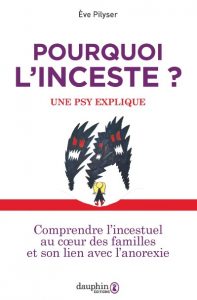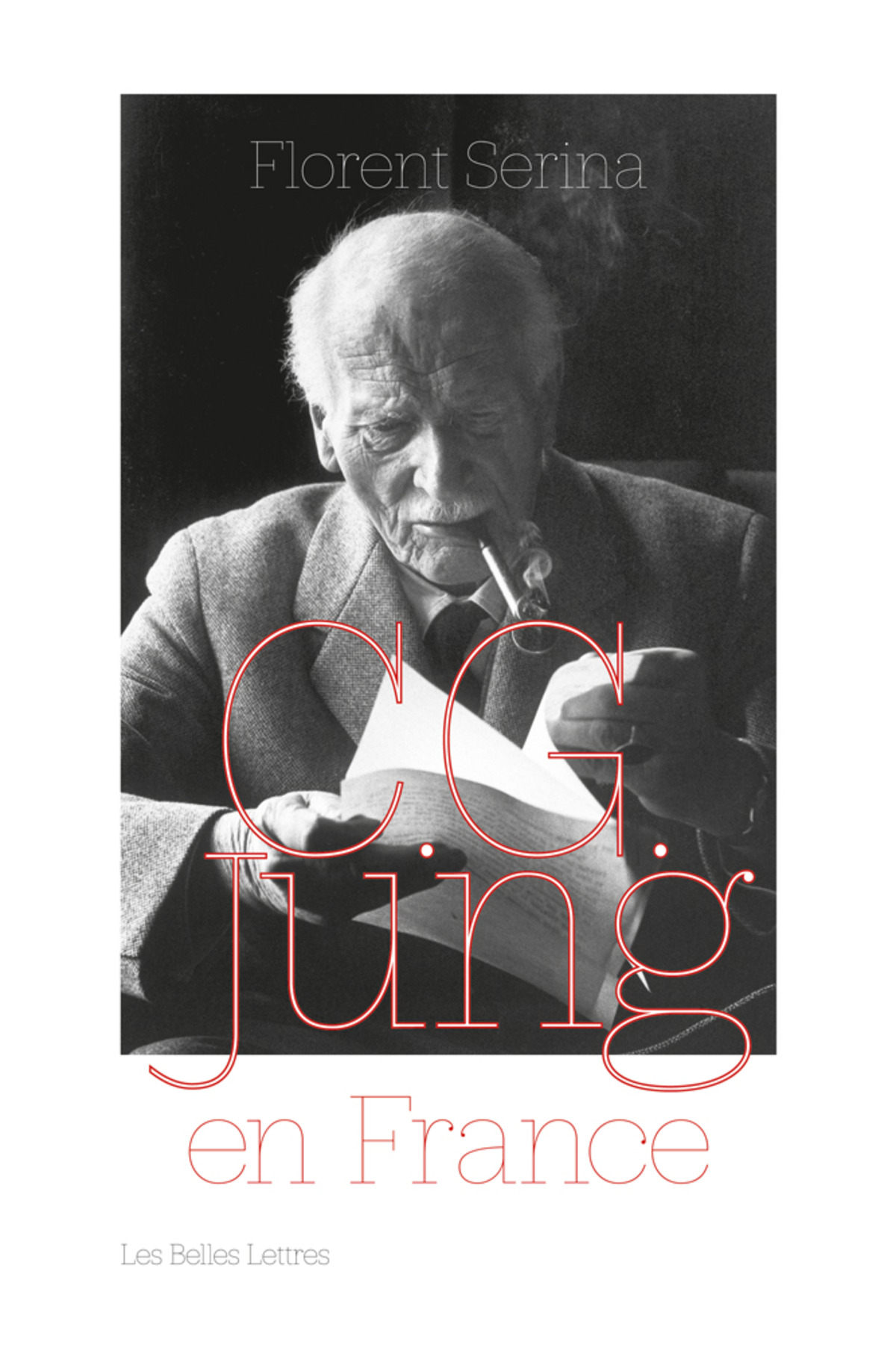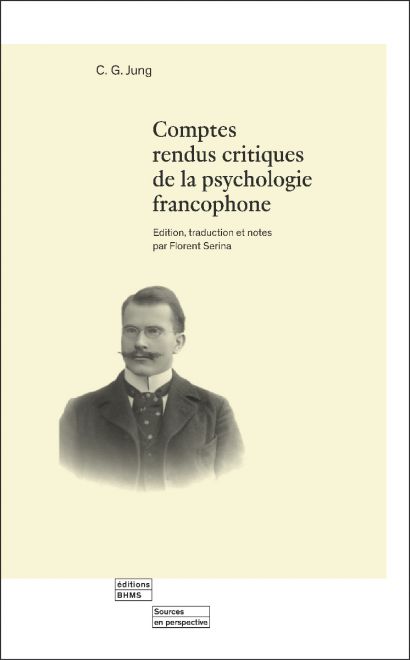Publications
Letters from the association Lire Jung au Gerpa
We invite you to discover the Letters from the association Lire Jung au Gerpa, where articles from the Cahiers jungiens de psychanalyse are often referenced:
You can find all the Letters published (15) since the summer of 2020 online at https://www.gerpa-cgjung.com/ in the Letters tab, as well as on the link: https://www.gerpa-cgjung.com/lettres-ljg/
 Why incest? A psychologist explains.
Why incest? A psychologist explains.
The Oedipus complex is a pivotal moment in the evolution of any child. When the child’s education proceeds properly, it allows this passage to orient him or her towards a harmonious and qualitative love life as an adult. At the opposite, when the Oedipus complex is forbidden or develops without limit, it can lead to various pathological problems.
This is also true for the parental Oedipal complex (also called the counter-Oedipal complex by professionals) when the parents are “in love” or “jealous” of their child. Depending on the degree of evolution of the parents, it allows for a healthy family functioning or, on the contrary, leads to a dysfunction of the whole group, thus disturbing the parent-child relationship, ranging, over the generations, from the behavior of a king child to such serious problems as incest or anorexia nervosa, on which the author sheds light.
Illustrated by detailed clinical testimonies and a rereading of greek tales and myths, this book sheds light on the essential bodily and emotional issues at the heart of families.
Beyond its relevance for psychologists and psychoanalysts, this book will allow everyone: parents, therapists, educators, adults questioning their family histories, etc., to learn how to make better use of the powerful feelings of love and jealousy inevitably experienced between parents and children.
To know more about Eve Pilyser, the author.
 C. G. Jung en France
C. G. Jung en France
Encounters, passions and controversies
In France, for many decades, the reputation of the Swiss psychiatrist Carl Gustav Jung (1875-1961) seems to be strongly marked by ambivalence. While often ignored in psychology faculties and hated by many critics, the works of the former collaborator and rival of Sigmund Freud have paradoxically never been as present on bookstores’ shelves as they are today. A sign that the work of this major figure in the history of psychiatry, psychoanalysis and psychotherapy.
Florent Serina is a historian, holds a doctorate in literature from the University of Lausanne, where he currently teaches the history of psychology, and is an associate researcher at the Institut des Humanités en Médecine. He devotes most of his research to the social, cultural and political history of science and knowledge about the psyche in France in the 19th and 20th centuries.
The temptation of withdrawal

Burn-out, chronic fatigue, social and school phobias… So many words to describe a single phenomenon: withdrawal. Amplified by the Covid crisis, this societal trend has been around for a long time. Among young people who can no longer cross the gates of their high school and take refuge on social networks, among adults prey to chronic fatigue and caulked at home … Seeking to understand the reasons for this withdrawal helps finding the resources to break with isolation and find the taste of others.
In this book, the psychoanalyst Sophie Braun relies on the testimonies of her patients. She denounces the contradictory injunctions of society which impose to be at the same time a free and autonomous individual, and a passive hyper-consumer. She explains how destructive the consequences of these diktats are, affecting individual psyches as well as the very foundation of the personality. Some are able to adapt, but many of them pay a high price (depression, anxiety, recourse to anxiolytics…). As for the most fragile, they have no other solution than to withdraw into their shell and protect themselves by withdrawing from the world. Their silence alerts us. Like the canaries that miners used to take down in the mines: these little birds stopped singing and died at the slightest whiff of gas, signalling the urgency to leave the mine as quickly as possible.
We must listen to the most sensitive ones, warns the author, drawing on the insights of Freud, Jung and Winnicott. They warn us of a danger: the loss of the vital impulse and of the relationship with the other.
 Critical reviews of francophone psychology
Critical reviews of francophone psychology
Before taking the side of Freud and psychoanalysis, C. G. Jung (1875-1961) often presented himself as a mediator of French-speaking psychology in German-speaking countries.
For several years, he synthesized and discussed the French-speaking current events of this young science for some european revues.
Republished for the first time in an edition that includes the original German text and an unpublished French translation, these bibliographical analyses, which shed new light on the work of the renowned Swiss psychiatrist, are enhanced by a critical apparatus and an introduction that resituates the main issues of the practice of review according to Jung in the field of the sciences of the psyche in the 20th century.
Translated by Florent Serina
